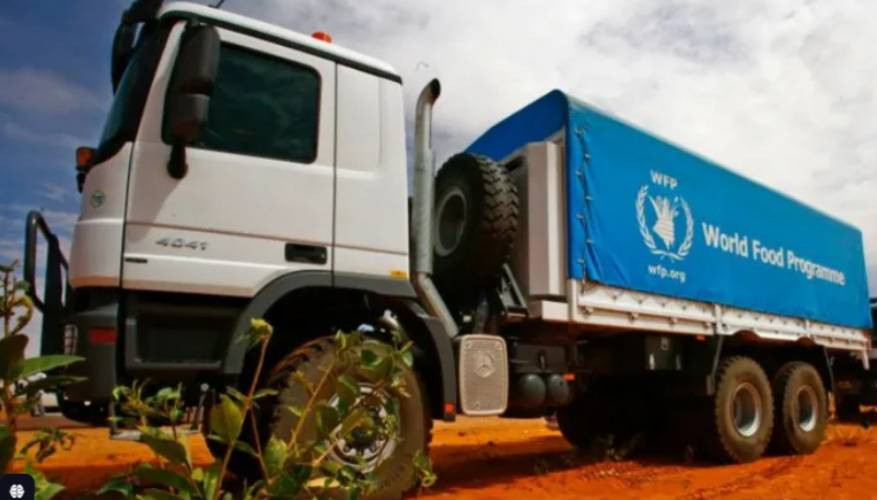×
The Standard e-Paper
Stay Informed, Even Offline

NCP condemns deadly WFP convoy attack amid escalating Darfur humanitarian crisis. [AFP via Getty Images]
The National Congress Party (NCP) has condemned a deliberate attack on World Food Programme (WFP) aid trucks in the Al-Kuma area east of El Fasher, North Darfur State, Sudan.